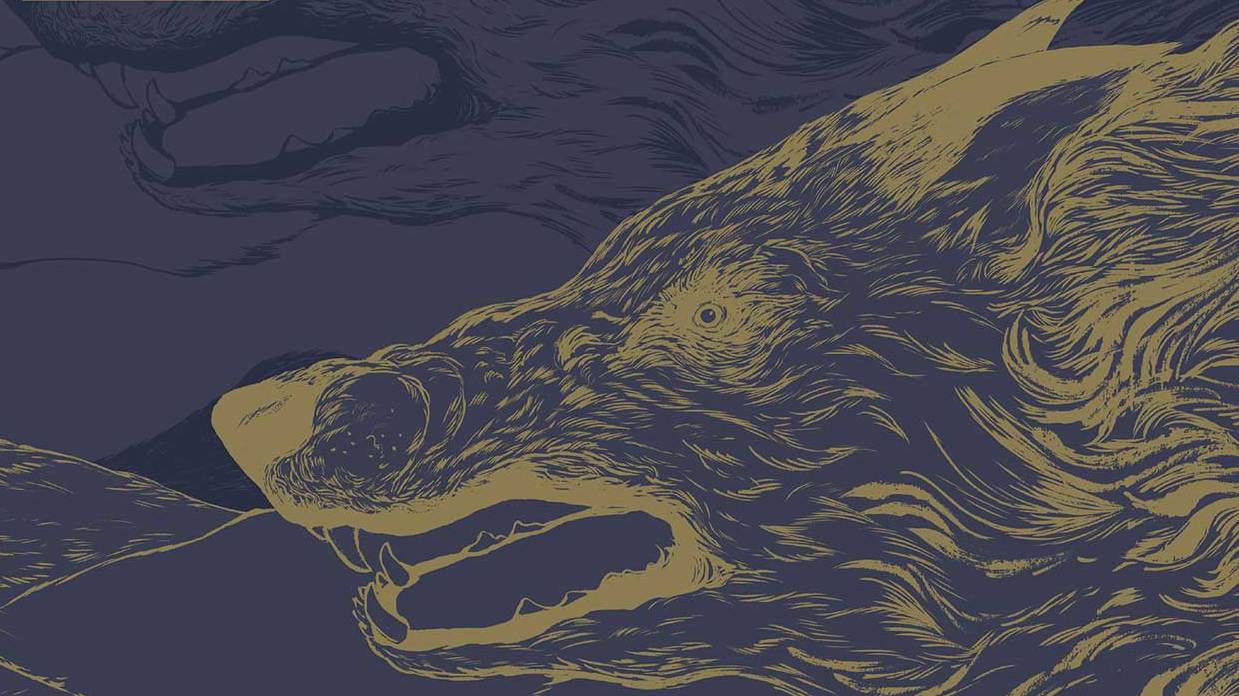You can trust Louder
For prog musicians looking for a promising concept for their next album, there are a few reliable fallbacks. Sci-fi literature is one – just pick a dystopian future and off you go. Alternatively, ancient mythology and folklore are always fertile, if slightly more old-fashioned ground, and Swedish quartet Soen have seemingly plumped for that route on this third album. The name Lykaia, it says here, comes from an ancient festival celebrated at Zeus’ alleged birthplace on the slopes of Mount Lykaion. It was said to involve sacrificial human flesh being fed to adolescent boys who would then turn into werewolves. They still celebrate the festival today, although the flesh-eating bit is disappointingly absent. Bloody health and safety, eh?
It’s a promising idea, but in truth you’ll be hard pressed to make connections between those startling scenarios and serviceable but somewhat vague lyrics that proclaim things like ‘Let the skies rain on the weak and the fallen.’ Yet that only goes to show that lyrical ‘concepts’, whether fully realised or woolly and pretentious, can go hang if the music is good enough. Because in this case it’s some of the most powerful, melodic and stirring prog metal you’ll hear this year. The portentous vocal of opener Sectarian is built around a spiky, infectious metal riff before the windswept chorus lifts us off our feet. Orison is better still, Joel Ekelof inviting us to ‘wash off your sins’, before some sumptuously sad major to minor chord progressions precede another huge power metal chorus.
Despite being something of a supergroup, full of impressive CVs – Martin Lopez is of course the former drummer of Opeth – Soen resist the temptation to show off their technical prowess at every turn. Not for them the flashy, how-complex-are-we chunks of math prog some of their contemporaries like to throw into the mix. Their forte is strong melodies, atmospheric soundscapes and sonic sturm und drang.
They also seem to be outgrowing their marked Tool influence and getting a strong feel for more contemplative, expansive material. The drifting balladry of Lucidity is also an increasingly far cry from the extreme metal territory these boys once inhabited, but they pull it off with conviction.
The snarling riffs that punctuate Opal and Sister are equally striking, as are the eastern-flavoured strings on Jinn. Finally, God’s Acre closes the album with another hands to the heaven uber-ballad. ‘Nothing grows here, barren land,’ he moans. ‘A godforsaken land where nothing grows.’
No cannibal sacrifices then? Oh well, this is an equally visceral, often spectacular form of alternative entertainment. And no werewolves required.
Sign up below to get the latest from Prog, plus exclusive special offers, direct to your inbox!
Johnny is a regular contributor to Prog and Classic Rock magazines, both online and in print. Johnny is a highly experienced and versatile music writer whose tastes range from prog and hard rock to R’n’B, funk, folk and blues. He has written about music professionally for 30 years, surviving the Britpop wars at the NME in the 90s (under the hard-to-shake teenage nickname Johnny Cigarettes) before branching out to newspapers such as The Guardian and The Independent and magazines such as Uncut, Record Collector and, of course, Prog and Classic Rock.


